Article not found
This article is no longer available. But don't worry—we've gathered other articles that discuss the same topic.
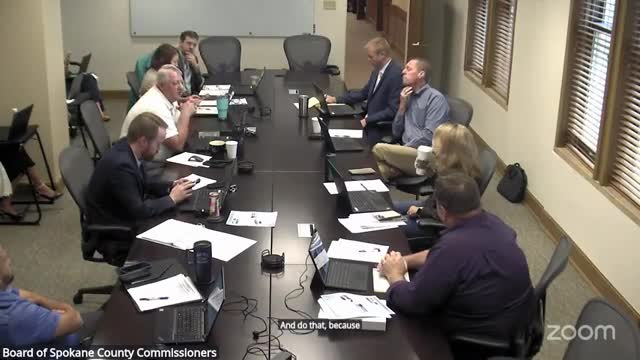
Officials discuss jail capacity and contracts; misdemeanor housing tied to available bed space
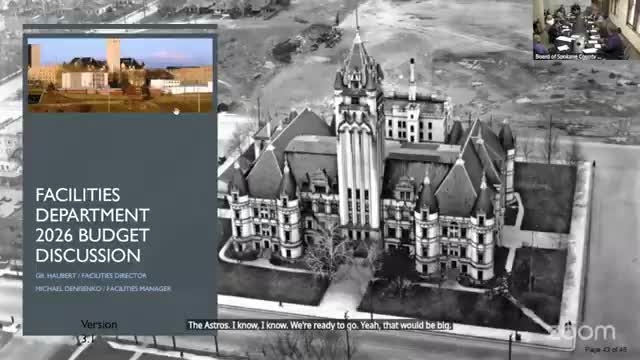
Facilities projects, hot-water plant and fuel-tank work expected to reduce utility costs
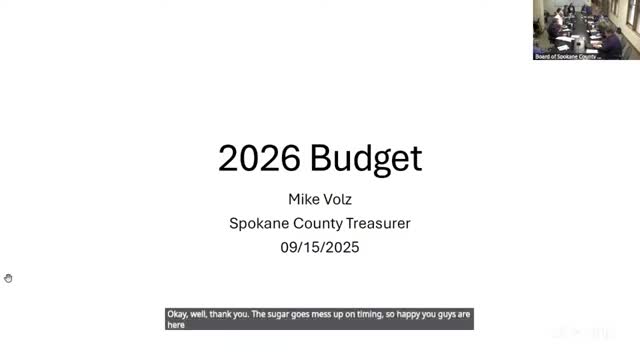
Treasurer reports meeting target after staffing realignment, flags long-term retirement risk and discretionary services
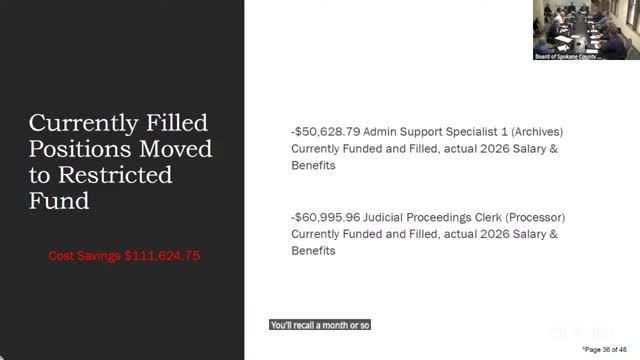
Assessor proposes lidar and camera imaging to cut field inspections, could reduce staff through attrition
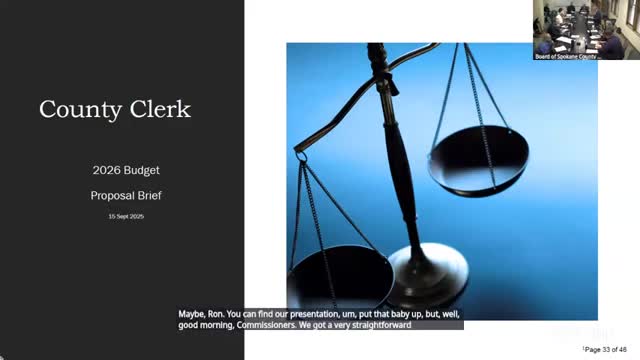
Clerk outlines 2026 cuts, new restricted fund and plan to move 10 million documents to digital archives
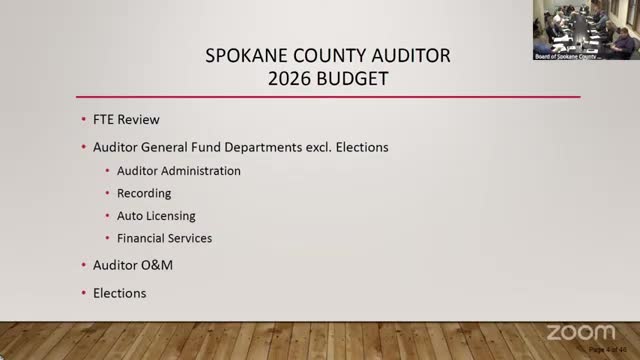
Auditor reports staffing cuts, declining recording revenue and seeks $600,000 software upgrade

